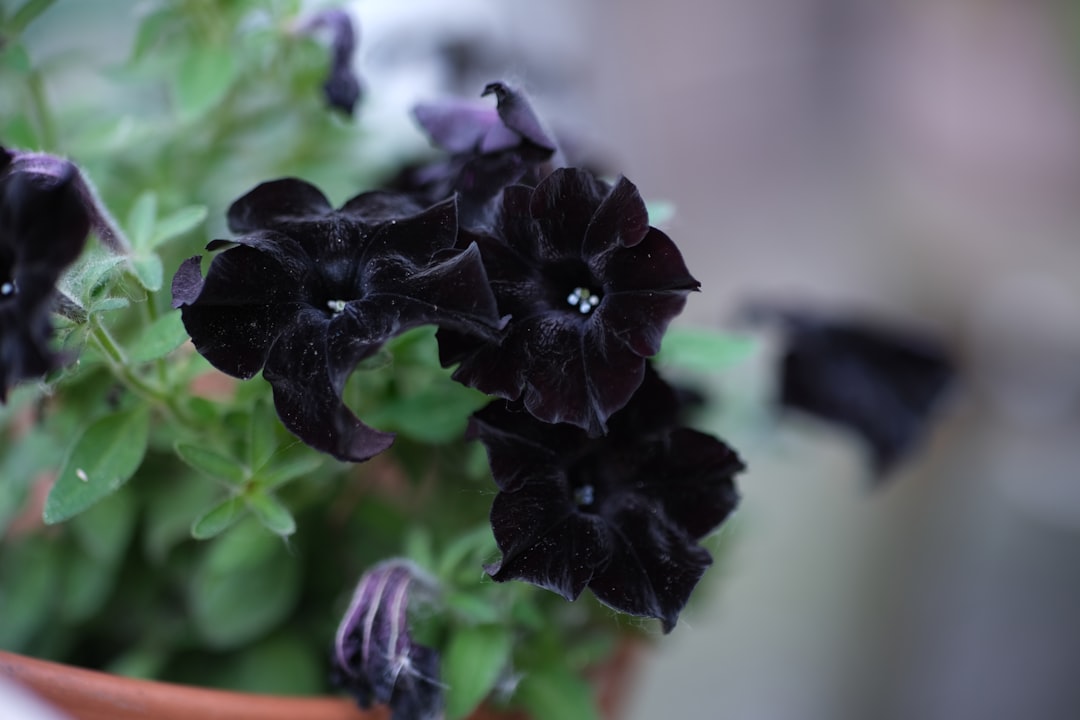Whether you're a seasoned gardener with a green thumb or just starting out, taking care of your yard and garden is a rewarding endeavor. This guide will provide you with essential gardening tips to ensure that all your plants grow and thrive.
### Soil Preparation
The foundation of a healthy garden lies in the soil. Before you start planting, it's crucial to test your soil to determine its pH level and nutrient content. You can purchase a soil testing kit at your local garden center or send a sample to a professional laboratory for a more detailed analysis. Based on the results, you can amend the soil with organic matter such as compost, manure, or peat moss to improve its structure and fertility.
### Plant Selection
Choosing the right plants for your garden is essential for their success. Consider the climate, soil conditions, and amount of sunlight your yard receives when selecting plants. Native plants are often a good choice because they are adapted to the local environment and require less maintenance. You can also choose plants that are resistant to pests and diseases to reduce the need for chemical pesticides.
### Watering
Proper watering is crucial for the health of your plants. Water your plants deeply and infrequently to encourage deep root growth. Avoid overwatering, as this can lead to root rot and other problems. Use a soaker hose or drip irrigation system to deliver water directly to the roots of your plants, reducing water waste and preventing foliage diseases.
### Fertilizing
Fertilizing your plants is important to provide them with the nutrients they need to grow and thrive. Choose a fertilizer that is appropriate for the type of plants you are growing and follow the instructions on the package carefully. Overfertilizing can damage your plants and contribute to water pollution, so it's important to use fertilizers sparingly.
### Pruning
Pruning is an important part of garden maintenance. It helps to shape your plants, remove dead or diseased branches, and promote new growth. Use sharp, clean pruning shears to make clean cuts and avoid damaging your plants. Prune your plants at the appropriate time of year to ensure that they recover quickly and continue to grow healthily.
### Pest and Disease Control
Pests and diseases can damage your plants and reduce their productivity. To prevent pest and disease problems, keep your garden clean and free of debris, and remove any infected plants immediately. You can also use natural pest control methods such as companion planting, handpicking pests, and using insecticidal soaps and oils. If necessary, you can use chemical pesticides, but be sure to follow the instructions on the package carefully and use them only as a last resort.
### Mulching
Mulching is a great way to conserve moisture, suppress weeds, and improve the soil structure in your garden. Apply a layer of organic mulch such as shredded bark, straw, or leaves around your plants, being careful not to cover the stems or trunks. Mulch will break down over time, adding nutrients to the soil and improving its fertility.
### Seasonal Maintenance
Your garden requires different types of maintenance throughout the year. In the spring, prepare your soil, plant your seeds and seedlings, and start fertilizing and watering your plants. In the summer, keep your plants well-watered, prune them as needed, and control pests and diseases. In the fall, harvest your crops, clean up your garden, and prepare your plants for winter. In the winter, protect your plants from the cold and snow, and plan for the next growing season.
### Conclusion
By following these essential gardening tips, you can ensure that your yard and garden are healthy, beautiful, and productive. Remember to be patient, have fun, and enjoy the process of growing your own plants. With a little care and attention, you can create a garden that you can be proud of.

